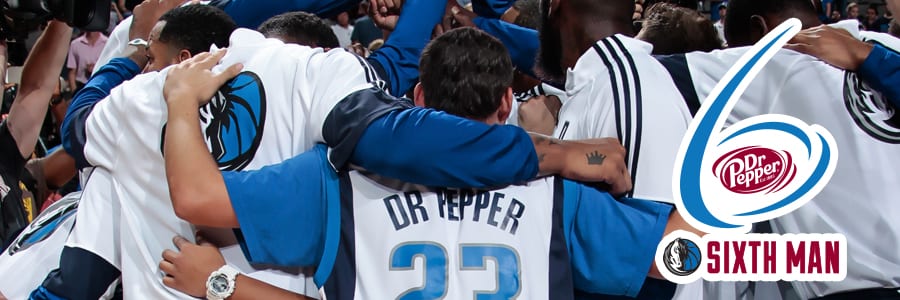by Kirk Wakefield – October 2018 Forbes reported before the 2018 season started that clubs planned over 1800 special event promotions, including about 28 giveaways per team on average. The Cardinals (49), Dodgers (42), and Cubs (41) all topped 40 giveaways. The Marlins (11), Athletics (14), and Diamondbacks (15) were the least giving. If you’re…Continue Reading Do MLB giveaways and special events influence attendance?
Do MLB giveaways and special events influence attendance?




